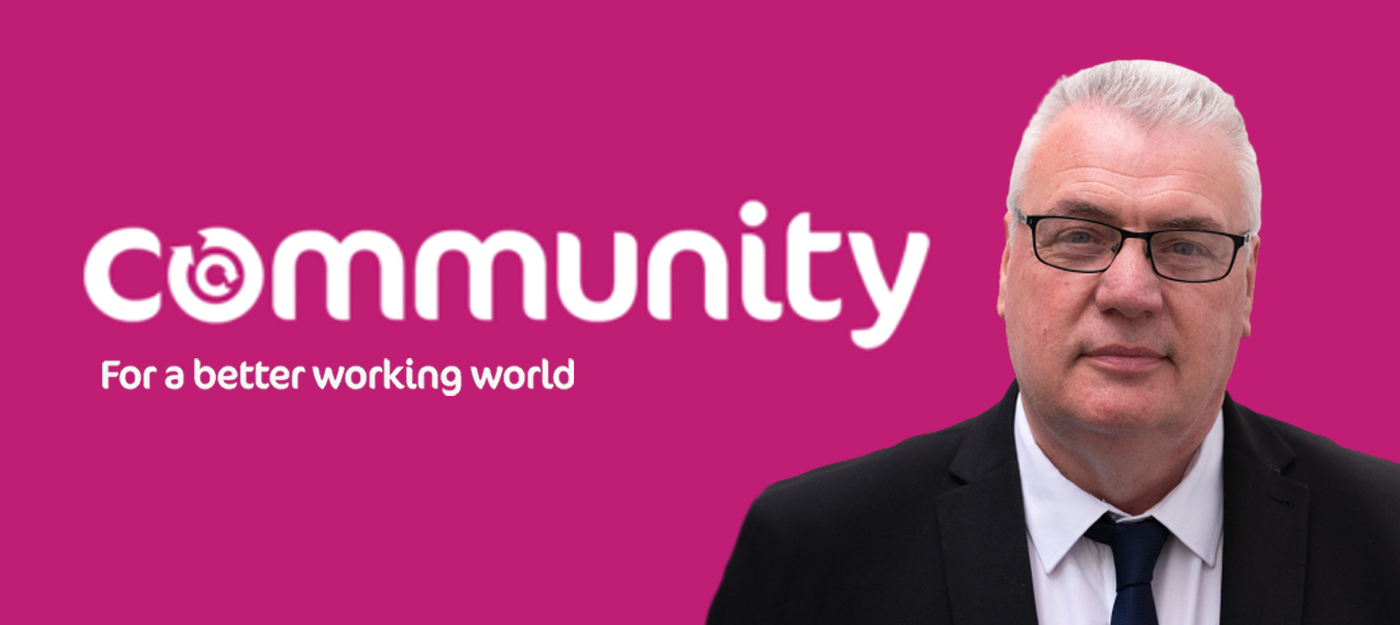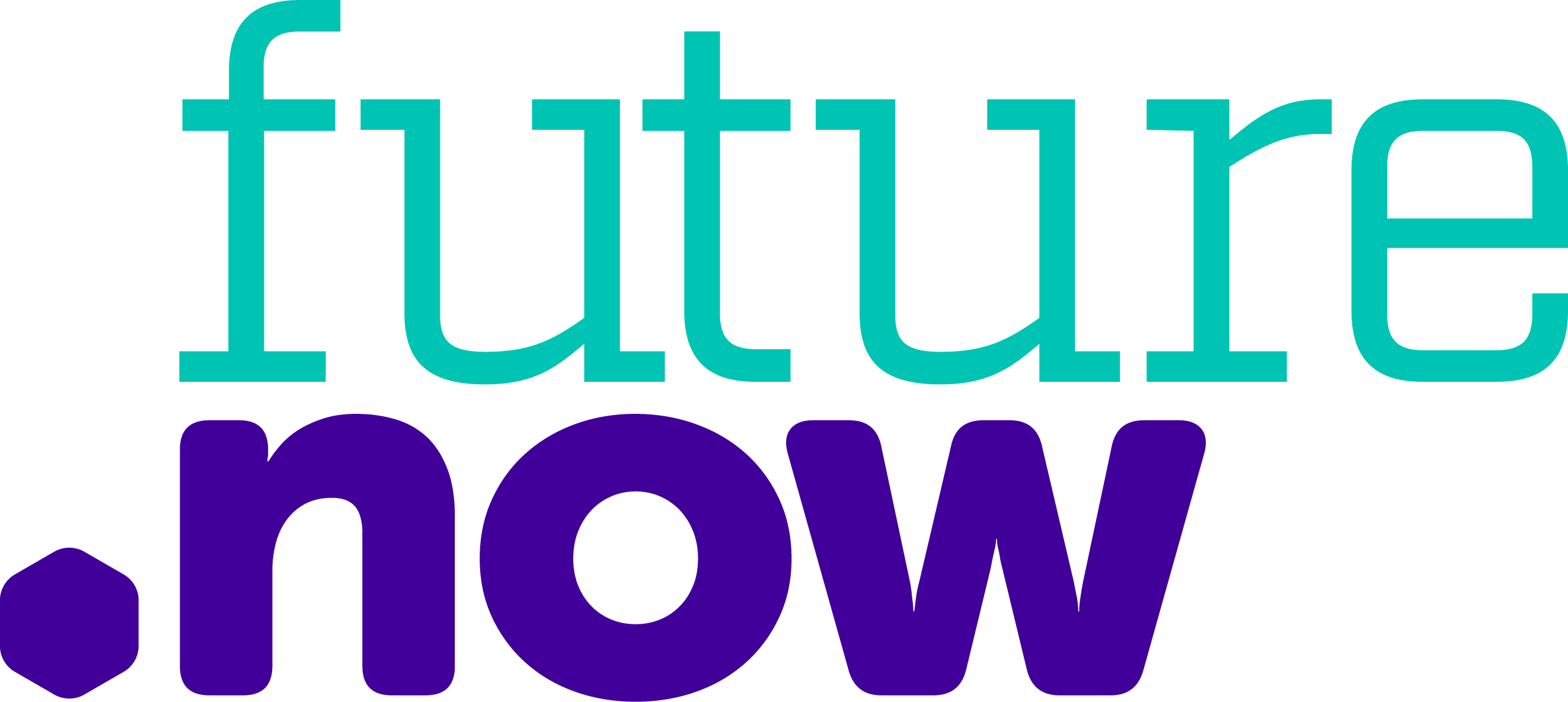
By Roy Rickhuss CBE, General Secretary, Community Trade Union
Digital literacy is vital to working in a 21st century economy. Think about your average working day – no matter what industry you are in or what role you have, for almost everyone there will be at least one point in your day where digital skills are necessary.
As technology continues to evolve, this will only become more pertinent. This will also impact our everyday life, outside of work, as more services begin to operate online.
As FutureDotNow’s Unpacking the hidden middle report shows us, the U.K. is falling behind on digital skills. Almost one in ten people currently in the workforce are missing the very basic skills like connecting to the internet and using a browser.
Between five and ten million workers are missing essential digital productivity skills and, further to this, up to a third of the workforce cannot perform essential online safety tasks, representing a huge risk to the security and reputation of their employers.
The situation on digital skills is stark, and it may even worsen without urgent intervention. What we need now is a shift in attitude in our culture – one that says, like literacy, digital skills are a human right. This requires us to not just focus on getting people online, but to help them thrive online.
We not only need a shift in attitudes on digital skills but the wider skills agenda, as without good reading and numerical skills, digital skills will continue to be inaccessible.
Trade unions have a key role to play. We are the ones with the ability to engage and give opportunities to thousands of workers. We are the ones who know which workers will need help, and are able to motivate them to build the capability and confidence critical for closing the skills gap.
We have already helped hundreds of thousands of workers on a learning journey, and we can now use these connections to help bridge the digital divide.
Between now and 2030, trade unions, government and businesses have a duty to focus on making sure new workplace technologies are an opportunity for workers, with digital skills at the heart.
Technology is moving quickly, and upskilling opportunities must be constant and sustainable. We have to make sharing stories of how people have been supported to learn digitally the norm. We need to explain how new skills have transformed the way they live and work, and opened so many new doors and opportunities.
Without the investment in digital skills – and other initiatives such as increasing worker voice, developing industrial partnerships and the creation of good jobs – we will let down those millions of workers without the skills for a digitalising economy, and the changing world of work.
At Community we’re preparing to make technology work for our members, not against them, ensuring they have the digital skills they need to embrace tech and make their jobs and lives better, easier and more productive.
Unpacking the hidden middle provides an extraordinary and worrying analysis of the digital skills divide as it stands. It is now on all of us to act on its conclusions or prepare to live with the consequences longer term.
Roy is a lifelong trade unionist, first joining one of Community’s founding unions in 1979, and has been General Secretary of Community since 2013.
He represents Community on the TUC General Council and is a member of the Executive Council of the General Federation of Trade Unions. He was awarded a CBE for services to the steel industry in the 2019 New Year honours.
